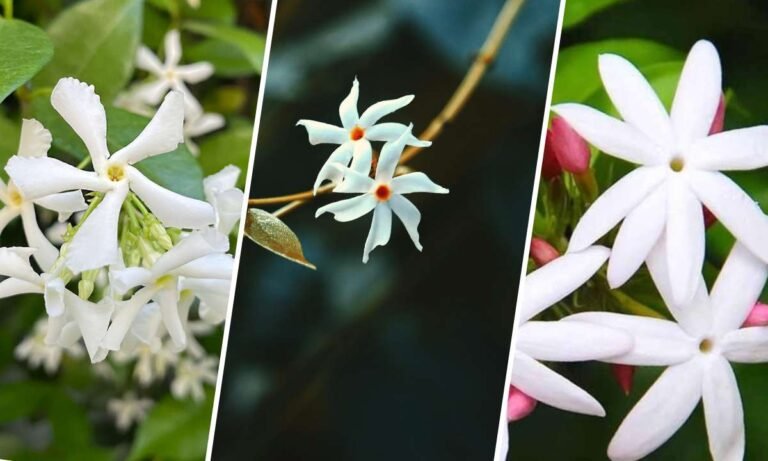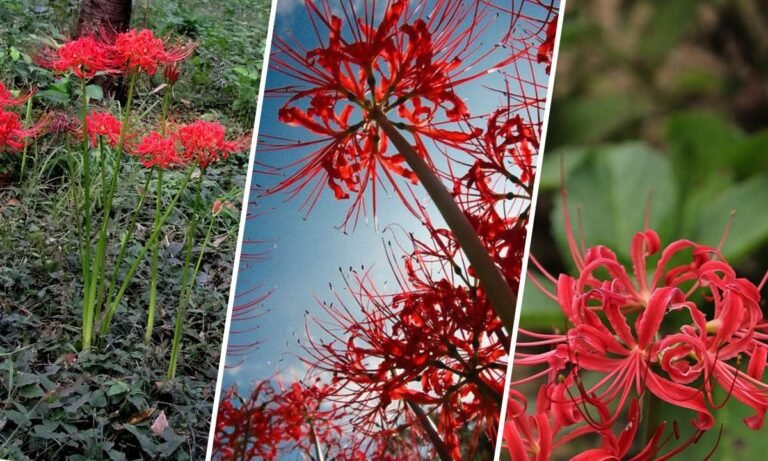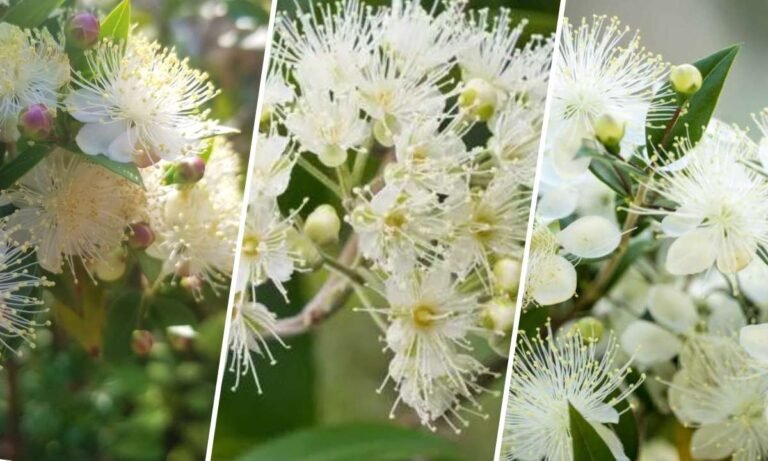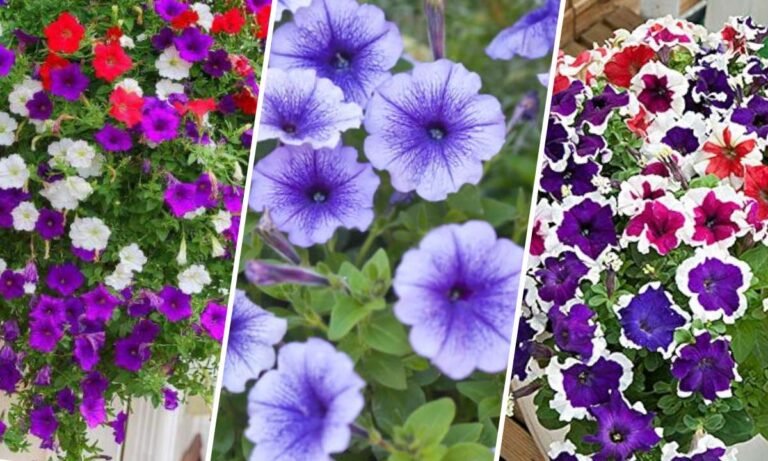The white lily flower is famous for its timeless beauty and deep symbolism. With its pristine white petals and delicate fragrance, it has captured hearts in many cultures throughout history. This article dives into the meanings, history, and symbolism of the white lily, shedding light on why it’s so special.
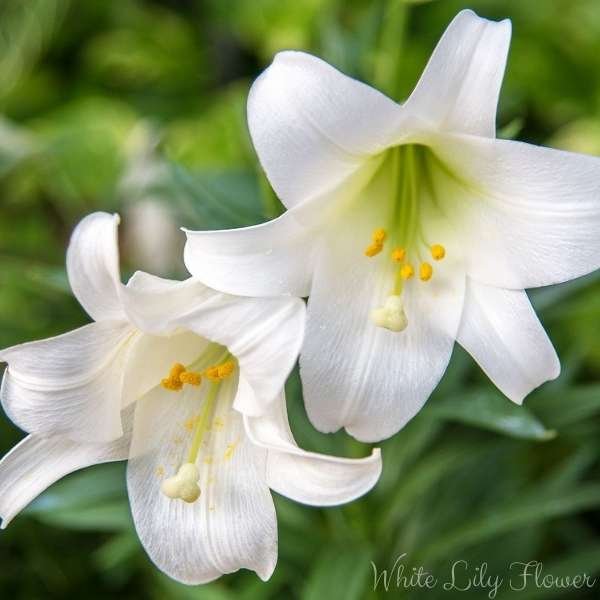
Origins and Etymology of the White Lily
The name “lily” comes from the Latin word “lilium,” which can be traced back to Greek mythology, where it represented purity and motherhood. The white lily, in particular, has long been a symbol of purity, virtue, and the divine. Its botanical name, Lilium candidum, highlights its clear and flawless appearance, making it a favorite in gardens and ceremonies.
Symbolic Meanings of the White Lily Flower
Purity and Innocence
The white lily is widely recognized as a symbol of purity and innocence. Its spotless white petals evoke feelings of serenity and virtue, making it a popular choice for bridal bouquets and religious ceremonies that celebrate purity.
Majesty and Grace
The white lily also stands for majesty and grace. In Christian iconography, it is associated with the Virgin Mary, symbolizing purity and grace. In art and literature, the white lily is often portrayed as a symbol of beauty and spirituality.
Remembrance and Tribute
Beyond purity and grace, the white lily also symbolizes remembrance. Many cultures use white lilies in funerals and memorial services to honor and remember loved ones who have passed away.
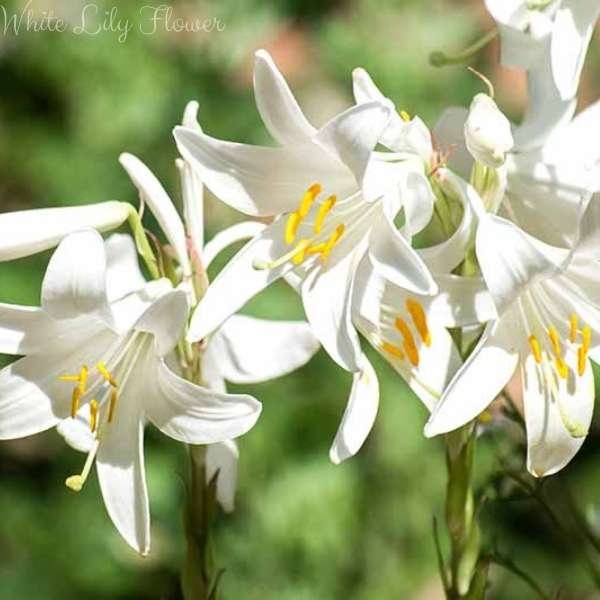
Historical Significance of the White Lily
Ancient Civilizations
Since ancient times, the white lily has been admired for its beauty and meaning. In ancient Greece and Rome, it was linked to goddesses like Hera and Venus, representing purity and fertility. In ancient Egypt, white lilies were used in religious ceremonies and offerings to the gods.
Medieval Europe
During the Middle Ages, the white lily became a symbol of the Virgin Mary and was often depicted in religious art and architecture. Monasteries and cathedrals adorned with white lilies reflected the flower’s association with purity and divine grace.
Modern Usage
Today, the white lily is still loved for its beauty and symbolism. It’s a popular choice for weddings, baptisms, and other celebrations of purity and new beginnings. The white lily’s timeless elegance and spiritual significance make it a favorite in gardens and floral displays worldwide.
Different Varieties of White Lilies and Their Meanings
Easter Lily
The Easter lily (Lilium longiflorum) symbolizes purity, hope, and renewal. It is often associated with the resurrection of Jesus Christ and is prominently featured in Easter celebrations.
Casablanca Lily
The Casablanca lily (Lilium ‘Casablanca’) is known for its large, fragrant blooms and symbolizes celebration, prosperity, and purity. It is a popular choice for wedding bouquets and formal floral arrangements.
Madonna Lily
The Madonna lily (Lilium candidum) is an ancient variety that symbolizes purity, virtue, and motherhood. It has been cultivated for centuries and is often depicted in religious art and literature.
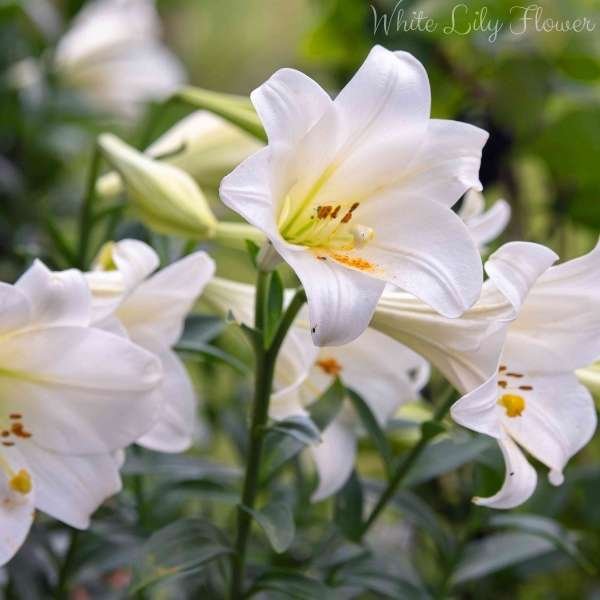
White Lily Flower in Art and Literature
Throughout history, the white lily has inspired artists and writers. In poetry, it often serves as a metaphor for beauty, purity, and transcendence. In visual art, the white lily is frequently depicted in religious paintings and sculptures as a symbol of the Virgin Mary’s purity and divine grace.
Cultural Significance of the White Lily
Western Cultures
In Western cultures, the white lily is a symbol of purity and innocence. It is often associated with the Virgin Mary and is used in religious ceremonies and devotional practices.
Eastern Cultures
In Eastern cultures, the white lily symbolizes purity, enlightenment, and spiritual growth. It is often used in traditional medicine and spiritual practices to promote healing and inner harmony.
How to Grow and Care for White Lilies
Planting White Lilies
White lilies thrive in well-drained soil and prefer full sun to partial shade. Plant bulbs in the fall or early spring, ensuring they are spaced apart to allow for proper growth and airflow. Water regularly, especially during dry periods, and fertilize lightly to encourage healthy blooms.
Caring for White Lilies
To care for white lilies, remove spent blooms to promote continuous flowering and prevent seed production. Protect plants from pests like aphids and lily beetles, which can damage foliage and flowers. Mulch around plants to conserve moisture and suppress weeds.
Conclusion
The white lily flower represents purity, innocence, and spiritual grace. Its rich history, deep symbolism, and enduring beauty make it a beloved flower in gardens, religious ceremonies, and cultural celebrations worldwide. Whether adorning a wedding bouquet or standing as a symbol of remembrance, the white lily continues to inspire awe and admiration as a timeless emblem of purity and divine love.

